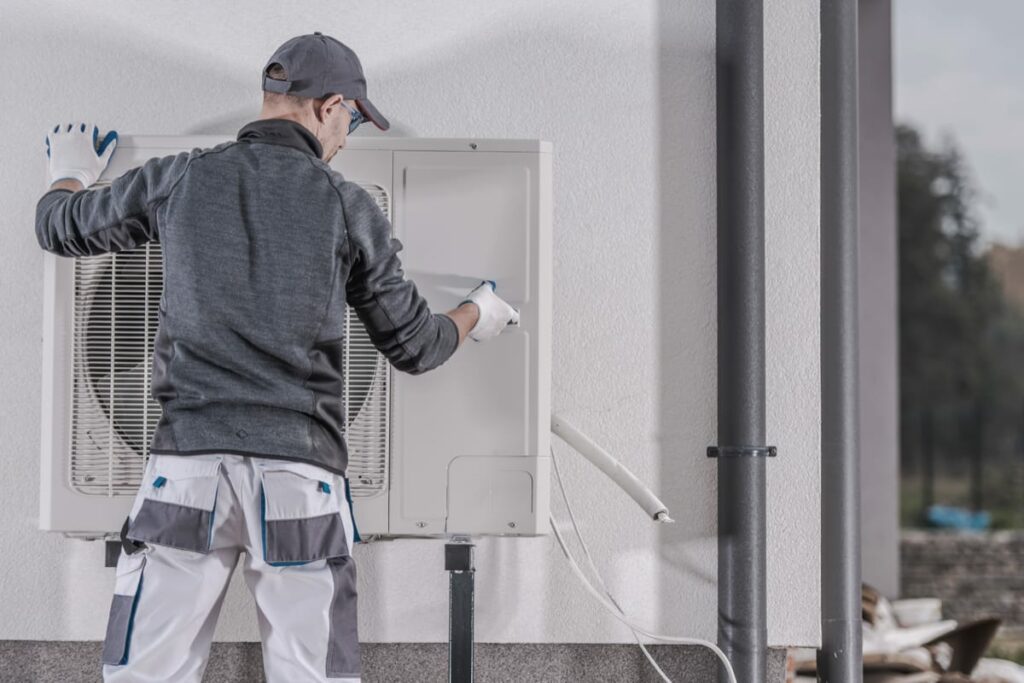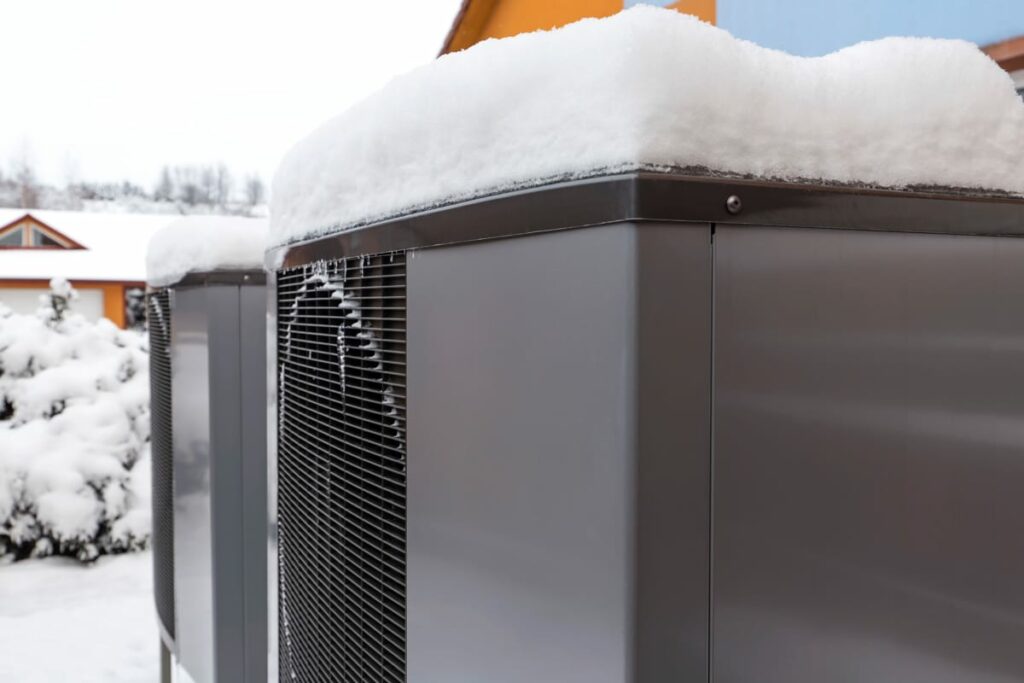A hybrid heating system reacts to outside temperatures and serves as your home’s most efficient heating method. On cold days, it fires up your gas furnace and moves heat inside your home through refrigerant circulation. This type of system is highly versatile. If your home is large, you may want to consider a hybrid heat pump that can handle a higher energy demand.
Cost of a hybrid heat pump
The cost of a hybrid heat pump is significantly higher than a standard air conditioner or furnace. The cost of an air conditioner or furnace is determined by many factors, such as the efficiency of the unit, its energy use, and the labor rate. The highest SEER-rated teams run from $5,500 to $6,300. The cheapest models are rated at 13 SEER or lower, but they still cost more than $1,000 less than the most efficient ones.
A hybrid heat pump is a modern heating system designed to meet your heating needs and help you save on utility bills. This efficient heating system switches between fossil fuel and renewable energy sources to provide consistent performance and comfort. Because it uses the most efficient energy source at any given time, it is an excellent investment for your home. In addition, a hybrid system can be used to heat a separate room or combined with a traditional heating system.
The installation and maintenance costs are higher than standard installations. However, the annual savings can quickly accrue and be realized in real cash. Hybrid heat pumps may require some additional work and maintenance, and the costs of installation and care vary depending on your location. If you currently use an electric water heater, you may need to pay extra to convert it to a hybrid unit. Hiring a technician to perform these tasks is approximately $50-100 per hour.

Benefits of a hybrid heat pump
A hybrid heat pump is an efficient way to heat or cool your home. It uses the flow of refrigerant to move heat and cool air. If the temperature drops, the hybrid heater automatically switches to air conditioner mode while it reverses to heat in summer. This automatic switch allows the hybrid heat pump to provide optimal efficiency no matter its time. The benefits of a hybrid heat pump are many, and the following are some of the key benefits of owning one.
Hybrid heating systems can work in any climate and can heat and cool your home. They can be a good choice for those who want to save money on their energy bills while still maintaining a comfortable temperature. As a result, a hybrid heat pump is an excellent choice for energy-efficient heating and cooling. Because it uses the same fuel source as both heating and cooling systems, it’s the most economical choice for homeowners.
A hybrid heat pump may be more expensive than two separate systems. However, the savings on shared pipework will cover installation and controls. As a result, you’ll pay less for electricity. Hybrid heating systems can still save you money over a furnace or a boiler. The backup system only runs when needed, while the central heating and cooling system do everything. You can also choose to install solar panels in your home.
Cost of a hybrid heat pump for a large home
There are two types of hybrid heat pumps: gas and electric. Gas-powered heat pumps are more common in commercial buildings and off-grid installations, and they can either be hooked up to a municipal gas line or converted to run-off liquid propane. A hybrid heat pump can range from $2,500 to $10,000. It is ideal for cold climates and can be paired with either a gas or electric furnace.
The cost of a gas-fired heat pump depends on how much natural gas is available in the home. Those living in areas where gas is expensive may prefer a gas-fired heat pump. These types of heat pumps can support multiple temperature zones and large rooms, and they are also becoming more common in larger homes. A standard unit and installation can range from $4,500 to $8,000.
When deciding on a heat pump, many factors are to be considered, including your home’s insulation. The more tightly insulated your home is, the less you will need to spend upfront. In addition to saving money on utility bills, heat pumps can also save you a significant amount of money on your carbon footprint. Depending on your climate, you could save up to $1,000 per year by installing a heat pump.














